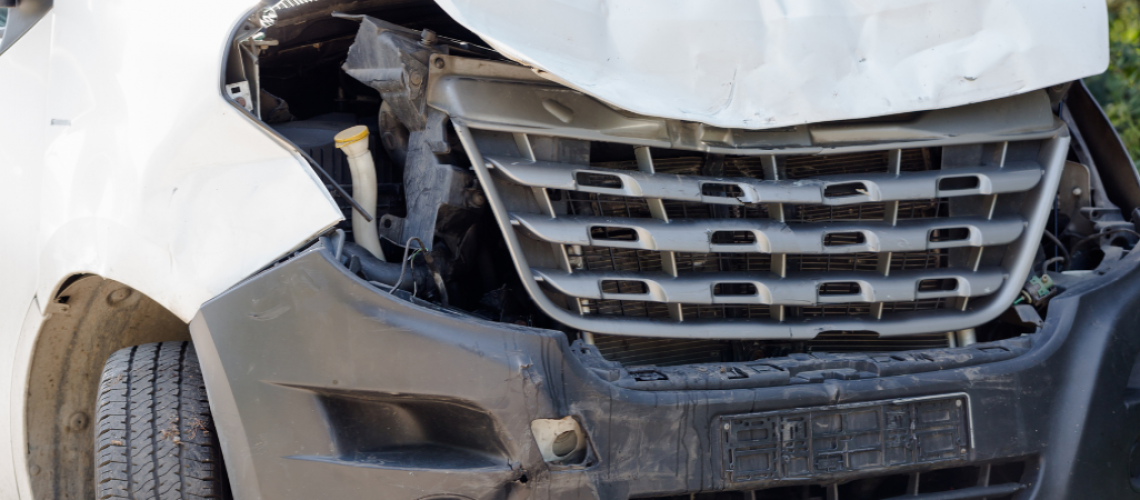Falling asleep or driver fatigue while driving any kind of vehicle is one of the most dangerous things a driver can do. Driver fatigue can be experienced by casual drivers or professional van drivers and is a major cause of accidents and fatalities throughout the United Kingdom.
Not just a case of dropping off
The term “driver fatigue” does not have to mean that the driver has fallen asleep behind the wheel. It refers to any degree of tiredness that the driver has on their journey. This could mean anything from boredom to the driver actually losing consciousness at the wheel. It is vital to note this definition and for all drivers to realize that it is not just lack of sleep that can cause problems, they can also be caused by disinterest or even a lack of attention. If the vehicle is in an accident and it is proven that fatigue was the cause, any commercial vehicle insurance policy may be void.
Penalties are harsh
Accidents are caused by tiny changes in the driver’s ability to react to what happens on the road. Fatigue will affect the driver’s reaction time and if the van is moving at a high speed even the slightest delay in reaction can cause an accident. Fatigue will also affect the driver’s ability to pay full attention to what is happening on the road as well as altering the driver’s ability to process information and then make a split-second decision while driving. Falling asleep at the wheel is a driving offence. It can lead to disqualification from driving, 3 to 11 penalty points on a driving licence and could even result in the loss of a job, vehicle and independence not to mention more expensive van insurance cover.
Cause of numerous accidents
Driver fatigue is a serious problem resulting in many thousands of road accidents each year. It is not always possible to calculate the exact number of fatigue-related accidents because it is difficult to know for sure if fatigue was a factor. The early hours of the morning and the middle of the afternoon are thought to be the peak times for fatigue accidents. Drivers on long journeys on monotonous roads, such as motorways, are the most likely to lose concentration.
Ways to stay fresh and alert
There are proven ways to counteract the problem. Before any long journey always get a good night’s sleep. If possible plan the journey to make sure regular breaks can be taken. Understand the risk that illness or medication will add to potential fatigue and understand the warning signs of becoming tired. Never start a long private journey after a full days work and if at all possible share the driving. Warning signs to look out for include finding it difficult to keep eyes open, having difficulty focusing the eyes, daydreaming, yawning, and being irritable and restless.


